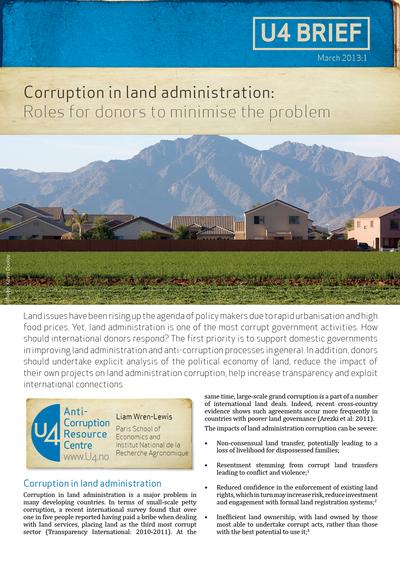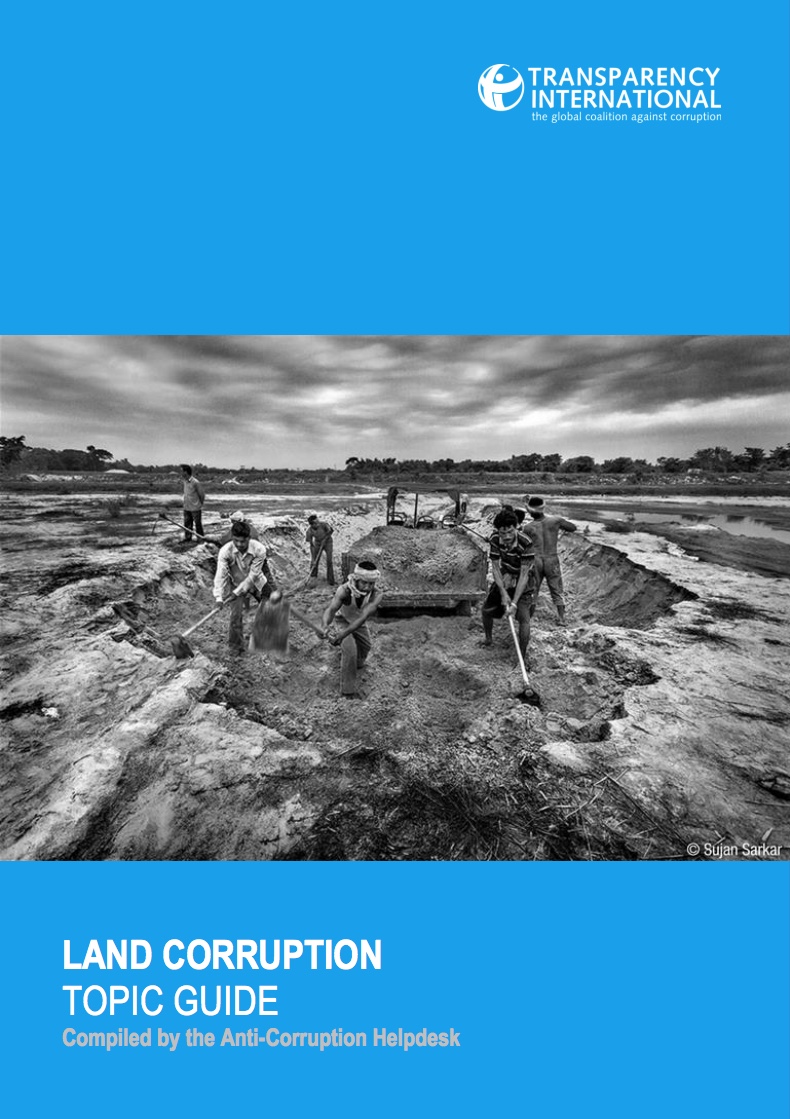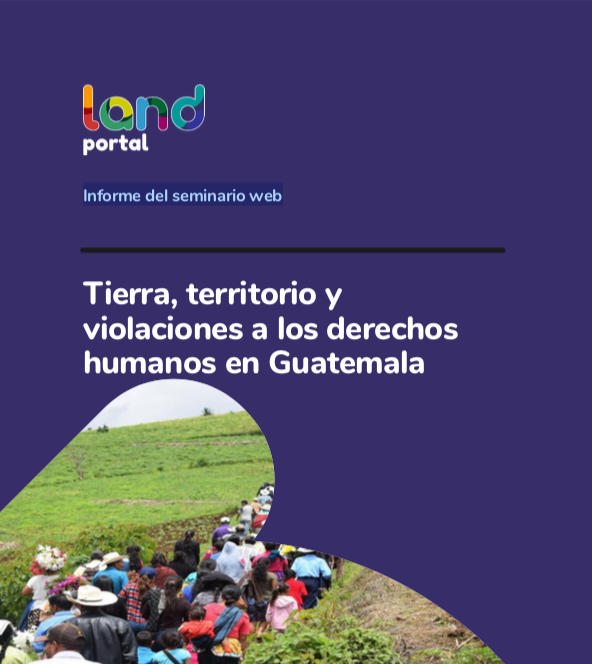Corruption in land administration: Roles for donors to minimise the problem
Land issues have been rising up the agenda of policy makers due to rapid urbanisation and high food prices. Yet, land administration is one of the most corrupt government activities. How should international donors respond? The first priority is to support domestic governments in improving land administration and anti-corruption processes in general. In addition, donors should undertake explicit analysis of the political economy of land, reduce the impact of their own projects on land administration corruption, help increase transparency and exploit international connections.






